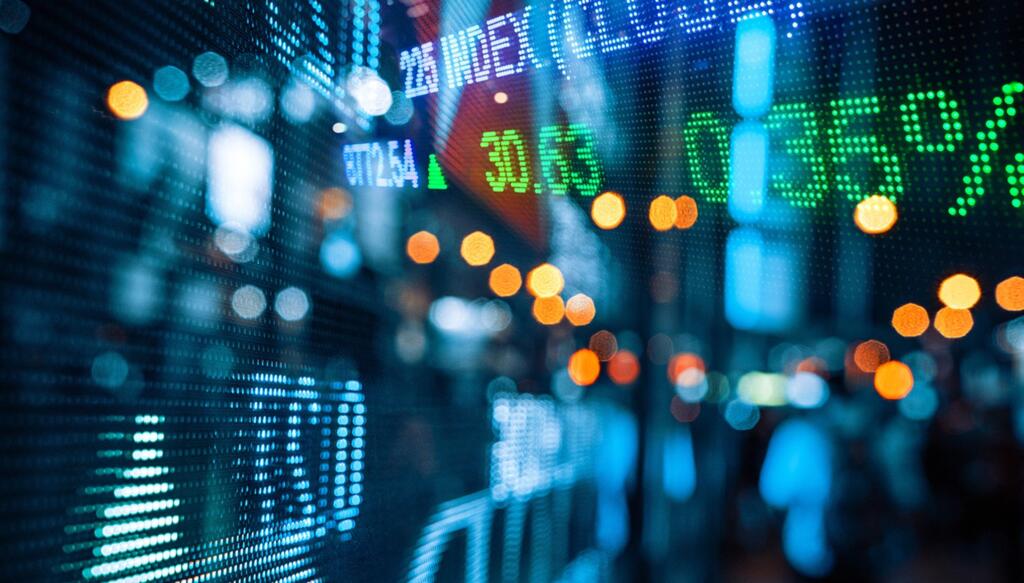Financial markets are highly sensitive to global events, which can trigger significant changes in asset prices, market sentiment, and investment strategies. Events such as political upheavals, natural disasters, and pandemics have profound effects on global markets, influencing everything from stock prices to commodity values. Understanding how these events impact financial markets is crucial for investors, policymakers, and economic analysts. This article explores the various ways global events affect financial markets and how simulation games, can provide valuable insights into these complex interactions.
Political Changes and Financial Markets
Political events often have immediate and far-reaching impacts on financial markets. Elections, policy changes, geopolitical tensions, and regulatory shifts can create uncertainty, leading to market volatility. For instance, presidential elections in major economies like the United States can significantly influence investor sentiment and market trends.
Elections and Market Sentiment
Elections often lead to market fluctuations due to the uncertainty about future policies. Investors closely monitor election outcomes to predict potential changes in fiscal policy, trade agreements, and regulatory environments. For example, the 2016 U.S. presidential election saw significant market movements, with major indices experiencing volatility as investors reacted to the unexpected result.
Geopolitical Tensions
Geopolitical tensions, such as conflicts, trade wars, and diplomatic disputes, can also impact financial markets. The trade tensions between the United States and China in recent years led to fluctuations in global stock markets, affecting various sectors differently. Investors tend to seek safe-haven assets like gold and government bonds during periods of heightened geopolitical risk.
Natural Disasters and Financial Markets
Natural disasters, including earthquakes, hurricanes, and floods, can have immediate and long-term effects on financial markets. These events can disrupt economic activities, damage infrastructure, and lead to significant financial losses for businesses and individuals.
Immediate Market Reactions
In the immediate aftermath of a natural disaster, markets often react with increased volatility. Companies in affected regions may experience stock price declines due to expected disruptions in operations and supply chains. Insurance companies may also see their stock prices drop as they face large claims.
Long-Term Economic Impact
The long-term impact of natural disasters on financial markets depends on the severity and scale of the event. For instance, the 2011 earthquake and tsunami in Japan had a prolonged impact on the Japanese economy and global supply chains, particularly in the automotive and electronics industries. Recovery efforts and reconstruction can eventually lead to economic growth, influencing market recovery and investor confidence.
Pandemics and Financial Markets
The COVID-19 pandemic has been a stark reminder of how health crises can profoundly impact financial markets. The pandemic caused unprecedented disruptions across all sectors of the global economy, leading to widespread market volatility.
Initial Shock and Market Panic
The initial outbreak of COVID-19 in early 2020 led to a dramatic sell-off in global stock markets as investors panicked over the uncertainty and potential economic fallout. Major indices such as the S&P 500 and Dow Jones Industrial Average experienced significant declines, and volatility spiked to record levels.
Economic Stimulus and Recovery
In response to the economic impact of the pandemic, governments and central banks around the world implemented unprecedented fiscal and monetary stimulus measures. These actions helped stabilize markets and support economic recovery, leading to a rebound in stock prices. However, the long-term economic effects of the pandemic, including changes in consumer behavior and shifts in global supply chains, continue to influence market trends.
The Role of Simulation Games in Understanding Market Dynamics
Understanding how global events impact financial markets requires a comprehensive analysis of various factors and their interactions. Simulation games, such as the “Stock Market” game by Evolution Gaming, provide an interactive and engaging way to explore these dynamics. These games allow players to simulate trading in different market conditions, helping them understand the complexities of market responses to global events.
Real-World Applications
By simulating real-world market scenarios, Evolution Stock Market game help players grasp the potential impacts of global events on financial markets. These simulations can be particularly useful for students, educators, and novice investors, offering insights into market mechanisms without the risk of real financial loss.
Educational Benefits
Simulation games offer educational benefits by providing a hands-on experience of market trading. Players can experiment with different strategies and see how various factors, such as political changes or natural disasters, affect market outcomes. This practical learning approach helps build a deeper understanding of market dynamics and investor behavior.
Conclusion
Global events such as political changes, natural disasters, and pandemics have significant impacts on financial markets. These events can create uncertainty and volatility, influencing investor sentiment and market trends. Understanding how these factors interact is crucial for making informed investment decisions and developing effective economic policies.
